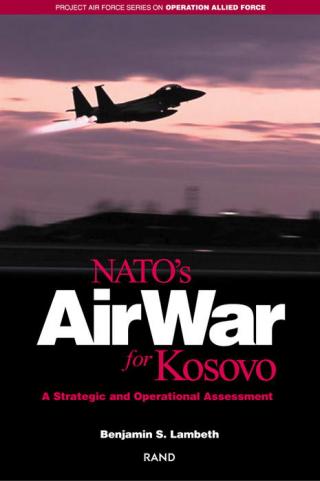
Аннотация
This book offers a thorough appraisal of Operation Allied Force, NATO’s 78-day air war to compel the president of Yugoslavia, Slobodan Milosevic, to end his campaign of ethnic cleansing in Kosovo. The author sheds light both on the operation’s strengths and on its most salient weaknesses. He outlines the key highlights of the air war and examines the various factors that interacted to induce Milosevic to capitulate when he did. He then explores air power’s most critical accomplishments in Operation Allied Force as well as the problems that hindered the operation both in its planning and in its execution. Finally, he assesses Operation Allied Force from a political and strategic perspective, calling attention to those issues that are likely to have the greatest bearing on future military policymaking. The book concludes that the air war, although by no means the only factor responsible for the allies’ victory, certainly set the stage for Milosevic’s surrender by making it clear that he had little to gain by holding out. It concludes that in the end, Operation Allied Force’s most noteworthy distinction may lie in the fact that the allies prevailed despite the myriad impediments they faced.
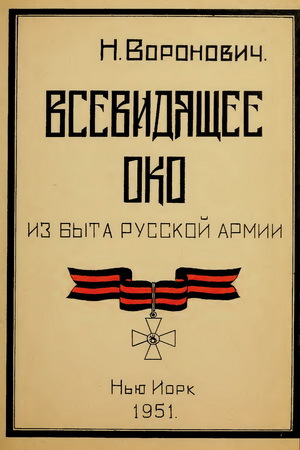
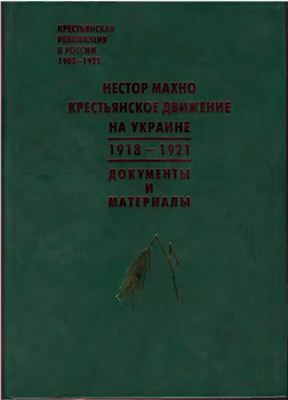

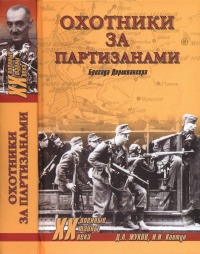

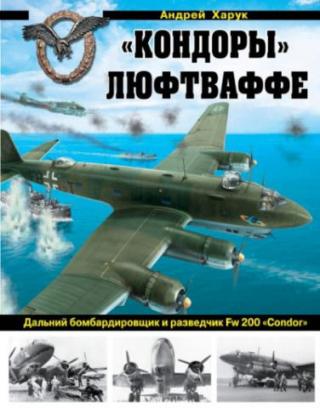

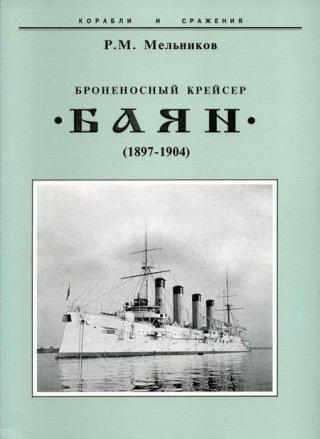
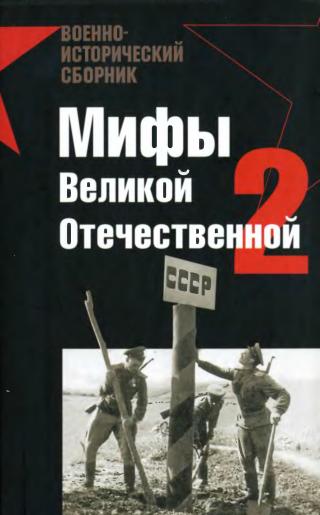
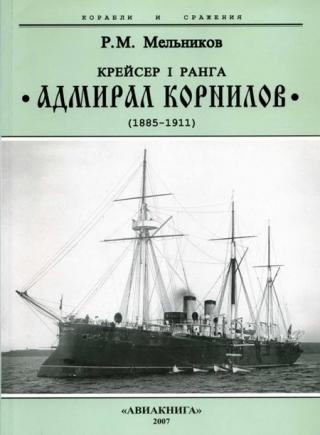
![За исходную точку взят 1701 г. - год создания Петром I летучего корпуса - корволанта - для борьбы с противником на путях снабжения армии. Далее подробно описаны... Исторические предпосылки создания спецназа, 1941-1945 гг. [том 2]](https://www.rulit.me/data/programs/images/istoricheskie-predposylki-sozdaniya-specnaza-1941-1945-gg-to_444619.jpg)
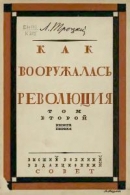
Комментарии к книге "NATO's Air War for Kosovo: A Strategic and Operational Assessment"